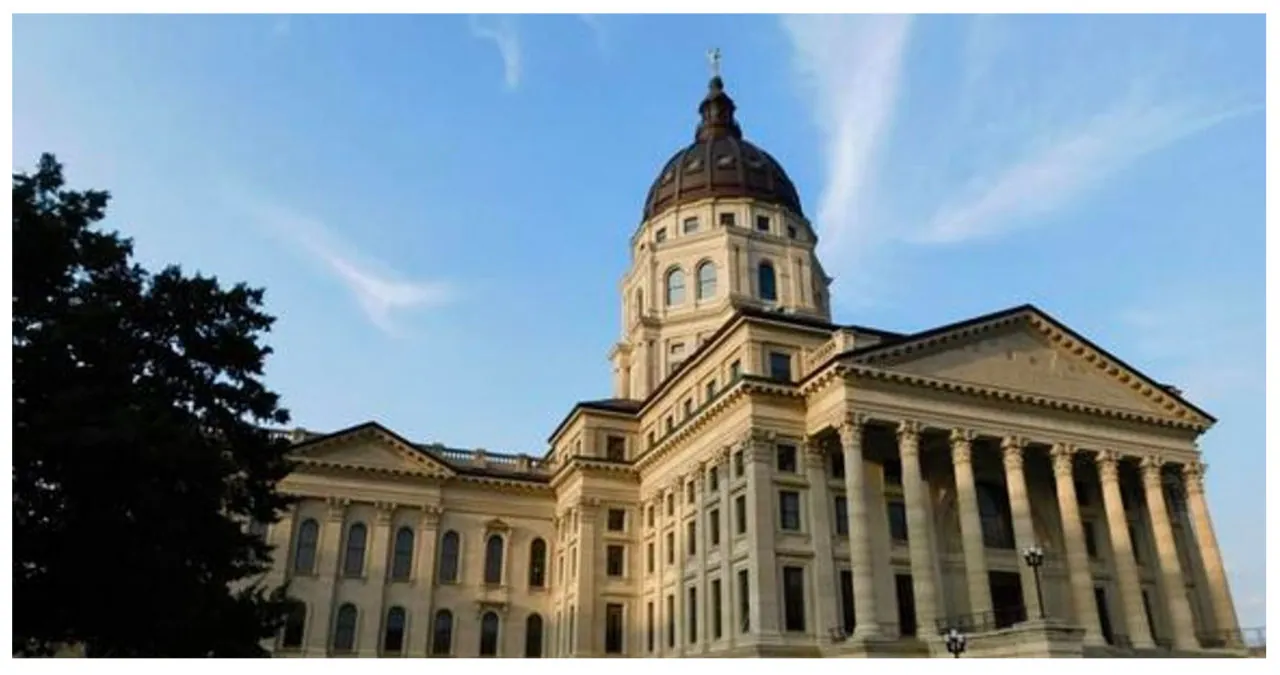Kansas Republican lawmakers are currently contemplating the implementation of a prohibition on diversity, equity, and inclusion (DEI) programs within university campuses.
Lawmakers in Kansas are taking a different approach compared to other states when it comes to defining DEI. Instead of coming to a consensus, they have put forward proposals to avoid the need for agreement. A vote is scheduled for March 21, shortly after the Senate’s approval of a $25 billion budget proposal that would require schools to eliminate mandatory DEI training. If passed, the bill would prohibit universities, community colleges, and technical colleges in Kansas from making admissions, hiring, or promotion decisions based on DEI.
The bill utilizes the aforementioned language, however, it specifies that educational institutions are prohibited from mandating a statement regarding any political ideology or movement.
According to The Hill, the proposed legislation was passed in the House with a vote of 81-39. This legislation aims to withhold over $35 million from the state’s six universities until they provide a report to Democratic Gov. Laura Kelly and the leaders of the Republican-controlled legislature, confirming the elimination of the mentioned programming. Additionally, the legislation empowers the state attorney general to impose fines of up to $10,000 on schools that fail to comply with these regulations.
The topic has ignited a heated debate among politicians from different parties, just like in other states. One major point of contention revolves around the definition of DEI.
Representative Tom Sawyer (D-Wichita) expressed his reservations about passing a bill that penalizes universities for actions that remain undefined. According to Sawyer, the terms “diversity, equity, and inclusion” carry positive connotations and should not be the basis for punishment.
Kansas House Speaker Dan Hawkins characterizes the bill as a straightforward evaluation. It aims to determine whether universities demand ideological statements from students, job applicants, or employees. According to Hawkins, there is no need for unanimous agreement on how to define the concept. He believes that achieving consensus on a single definition is quite challenging, given that everyone has their own interpretation.
According to Sen. J.R. Claeys, who co-authored the budget provision, it also urges higher education officials to refrain from using race-based criteria in their decision-making process. This aligns with the Supreme Court’s 2023 ruling that put an end to affirmative action in universities. Serving as an advisor to Republican state Attorney General Kris Kobach, Claeys argues that the most effective way to compel universities to comply is by leveraging funding as a threat.
Since July 2023, approximately 22 states have put forth legislation that aims to prohibit or limit diversity, equity, and inclusion (DEI) initiatives in universities. The University of Florida’s recent action of disbanding its entire DEI department has received backlash from various organizations and prominent figures, including the NAACP and former NFL player Emmitt Smith, who himself was a student-athlete at the University of Florida. These critics have called for Black student-athletes to consider boycotting sports programs in response to this decision.

